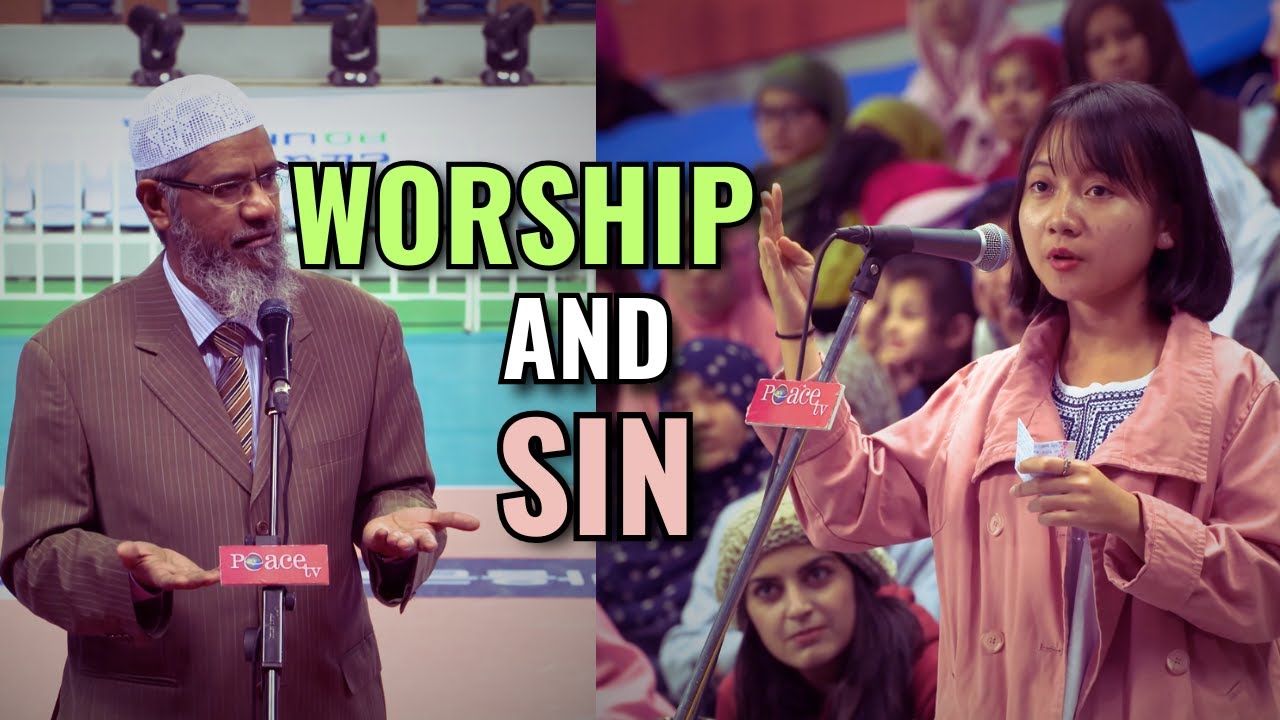Response Of The People Of Shuaib (AS) | The Story Of Shuaib | PART 62
Summary
TLDRThe transcript discusses how religious devotion, particularly Islamic prayer (salah), can lead to tension within families and communities. It highlights the struggles faced by individuals who become more religiously observant and the resistance they encounter from those around them. The speaker also addresses issues of corruption within religious institutions and the broader societal implications of prioritizing wealth and power over faith and justice. Emphasizing the importance of staying true to religious principles, the speaker reminds listeners that true guidance and success come from reliance on Allah.
Takeaways
- 📜 Salah (prayer) was a practice in many religions before Islam.
- 🕌 Devotion to religion can sometimes create conflicts within personal relationships.
- 👔 People may criticize others for becoming too religious, feeling it changes their behavior and dynamics.
- 🏠 Practicing religion can sometimes strain marriages when one partner becomes more devout.
- 🗣️ In many societies, religious people are expected to conform to certain norms without challenging the status quo.
- 🔇 Religious leaders often face pressure to avoid controversial topics or criticism of powerful individuals.
- 💼 Wealth and power can corrupt, leading to injustice and exploitation.
- 👥 Islam seeks to promote justice and fair distribution of wealth for all people.
- 🔗 Being on the right path in Islam involves a combination of personal effort and divine guidance.
- 🙏 Staying true to religious principles requires constant reliance on and gratitude to Allah.
Q & A
What is the main topic discussed in the script?
-The main topic discussed is the practice of Salah (prayer) in Islam, its historical presence in other religions, and the challenges faced by practicing Muslims in contemporary society.
How does the speaker explain the historical presence of Salah in other religions?
-The speaker mentions that the practice of Salah, including actions like bowing (ruku) and prostrating (sujud), was present in many different religions before Islam, indicating its long-standing spiritual significance.
What challenges do practicing Muslims face according to the speaker?
-Practicing Muslims often face criticism and opposition from family members or society when they become more religious. This includes accusations of being too devout and causing disruptions to previously held norms and lifestyles.
What example does the speaker give to illustrate opposition faced by practicing Muslims?
-The speaker recounts a story of a man whose wife no longer likes him because he became more religious, causing tension because he prioritizes his prayers and religious duties over their previous lifestyle activities like going to the cinema.
How does the speaker describe the societal expectations of religious practice?
-Society expects religious people to confine their practices to private spaces like mosques and not let their religious beliefs influence public life or question societal norms.
What happens to Imams who speak out against corruption according to the speaker?
-Imams who speak out against corruption or address controversial issues risk being dismissed from their positions, as their comments can conflict with the interests of those in power.
How does the speaker illustrate the concept of Tawfiq?
-The speaker explains Tawfiq as the divine facilitation and success that comes from Allah, which combines various elements in life to bring about successful outcomes, emphasizing that this success is from Allah and not self-made.
What message does the speaker convey about wealth and status in relation to Salah?
-The speaker emphasizes that true success and dignity come from adhering to halal (permissible) means and staying true to religious principles, rather than accumulating wealth through corrupt practices.
What does the speaker suggest about the disparity of wealth in the world?
-The speaker points out that a small percentage of the population controls a significant portion of the world's wealth, leading to widespread poverty and inequality, and suggests that a fair distribution of wealth would benefit everyone.
What advice does the speaker give to those who practice Dawah (preaching Islam)?
-The speaker advises those who practice Dawah to remain steadfast in their principles, avoid hypocrisy, and attribute their success and guidance to Allah, maintaining humility and reliance on divine support.
Outlines

This section is available to paid users only. Please upgrade to access this part.
Upgrade NowMindmap

This section is available to paid users only. Please upgrade to access this part.
Upgrade NowKeywords

This section is available to paid users only. Please upgrade to access this part.
Upgrade NowHighlights

This section is available to paid users only. Please upgrade to access this part.
Upgrade NowTranscripts

This section is available to paid users only. Please upgrade to access this part.
Upgrade NowBrowse More Related Video

Senam Anak Sholeh Versi Laela Khanza

Ceramah Singkat Ustadz Adi Hidayat - Allah tidak pernah menguji di luar batas kemampuannya

Kultum Ustaz Hanan Attaki: Budak CInta | umma x Detikcom

Praying SALAH, Yet SINNING – Is It Fair? | Korean Lady to Dr. Zakir

Video Presentasi Tentang Budaya, Agama, Religiositas, Norma Religiositas Dalam Perilaku Konsumen

IF YOU DO THIS, ALLAH WON'T ACCEPT YOUR SALAH
5.0 / 5 (0 votes)